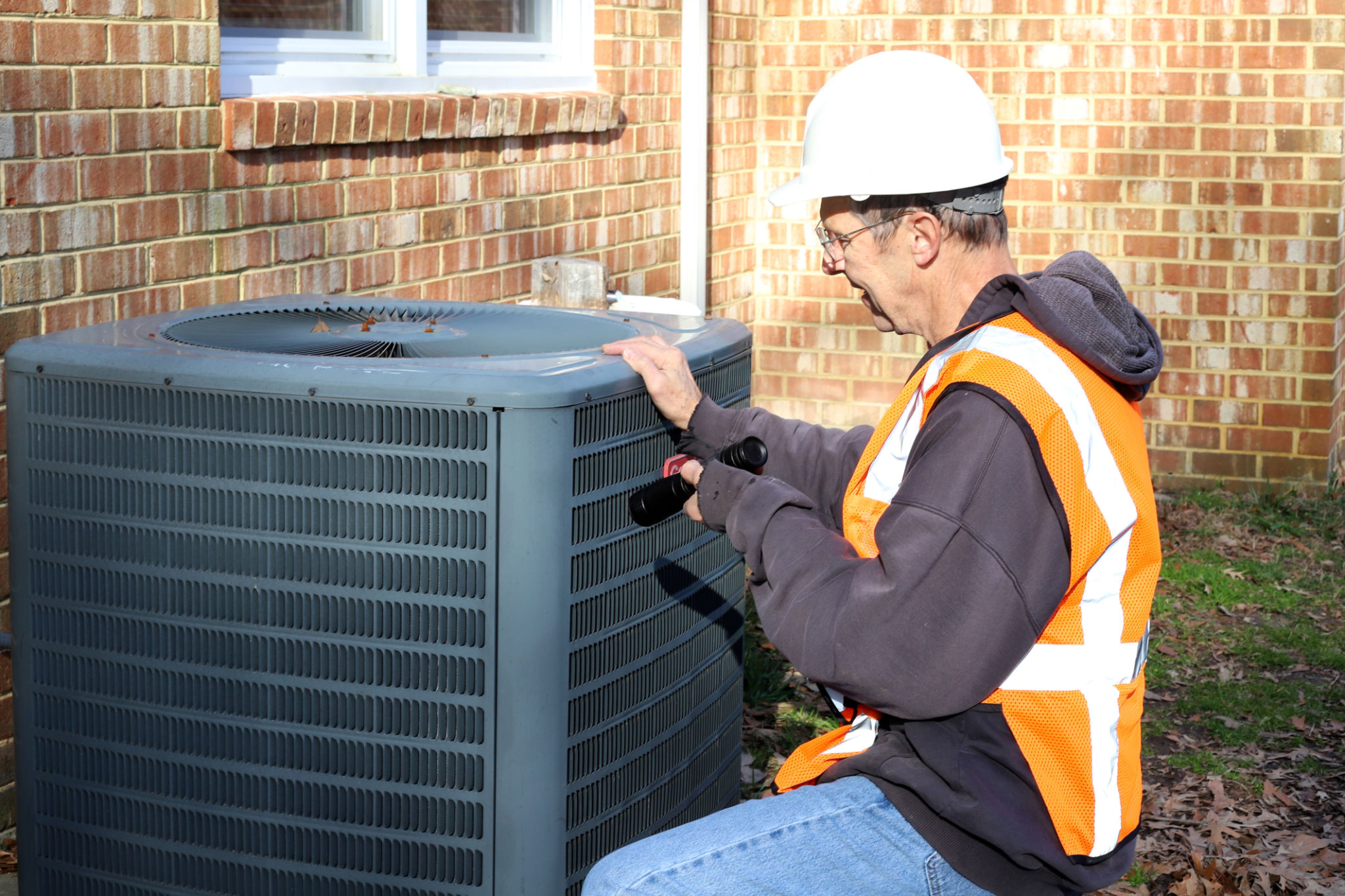The Impact of Climate on HVAC Efficiency: Adapting to Local Weather
Understanding HVAC Efficiency
The efficiency of HVAC (Heating, Ventilation, and Air Conditioning) systems is crucial for maintaining comfortable indoor environments while minimizing energy consumption. However, local climate conditions significantly influence how these systems perform. Understanding the impact of climate on HVAC efficiency can lead to more informed decisions regarding system design, maintenance, and operation.
Climate affects HVAC systems in various ways, from temperature extremes to humidity levels. For instance, in regions with high temperatures, air conditioning units may work overtime to maintain cool indoor environments. Conversely, in colder climates, heating systems need to operate efficiently to provide warmth during harsh winters. Adapting HVAC systems to local weather conditions can enhance their efficiency and longevity.

The Role of Temperature
Temperature plays a critical role in the operational efficiency of HVAC systems. In areas with high temperatures, air conditioning units are frequently used, resulting in increased energy consumption. To mitigate this, selecting energy-efficient models and ensuring proper insulation can significantly reduce the load on these systems.
In colder climates, heating systems are under constant demand, which can lead to increased wear and tear. Regular maintenance and choosing systems with high-efficiency ratings are vital for maintaining optimal performance. Additionally, incorporating programmable thermostats can further enhance energy efficiency by allowing precise control over indoor temperatures.
Humidity's Impact on Efficiency
Humidity levels also affect HVAC efficiency. In humid climates, air conditioning systems need to work harder to remove excess moisture from the air, often leading to higher energy use. Installing dehumidifiers or using air conditioning units with built-in dehumidification features can help manage humidity effectively.
On the other hand, dry climates may require humidifiers to maintain comfortable indoor air quality. Balancing humidity levels is essential not only for comfort but also for the health of the HVAC system. Proper humidity control prevents mold growth and minimizes strain on the system.

Adapting Systems to Local Weather
Adapting HVAC systems to local weather conditions involves several strategies aimed at optimizing efficiency. One effective approach is conducting an energy audit to identify areas where improvements can be made. This process helps in understanding the specific needs dictated by the local climate.
Another important consideration is proper insulation and sealing of the building envelope. This minimizes heat exchange between the indoors and outdoors, reducing the workload of HVAC systems. Additionally, utilizing smart technology solutions like sensors and automated controls can further enhance system efficiency by responding dynamically to changing weather conditions.

The Importance of Regular Maintenance
Regular maintenance is critical for ensuring HVAC systems operate efficiently regardless of the climate. Scheduled inspections and tune-ups can identify potential issues before they become major problems, ensuring consistent performance year-round.
Maintenance tasks such as cleaning or replacing filters, checking refrigerant levels, and inspecting ductwork are essential. These practices not only improve system efficiency but also prolong the lifespan of HVAC units, providing long-term savings on repair and replacement costs.
Conclusion: Embracing Climate-Sensitive Solutions
Understanding and adapting to the impact of climate on HVAC efficiency is a key step towards sustainable energy use. By considering local weather conditions and implementing appropriate strategies, homeowners and businesses can optimize their HVAC systems for improved performance and cost savings.
Embracing energy-efficient technologies and maintenance practices ensures that HVAC systems remain resilient in the face of changing climate patterns. Ultimately, this approach not only benefits individual users but also contributes positively to environmental conservation efforts by reducing overall energy consumption.
